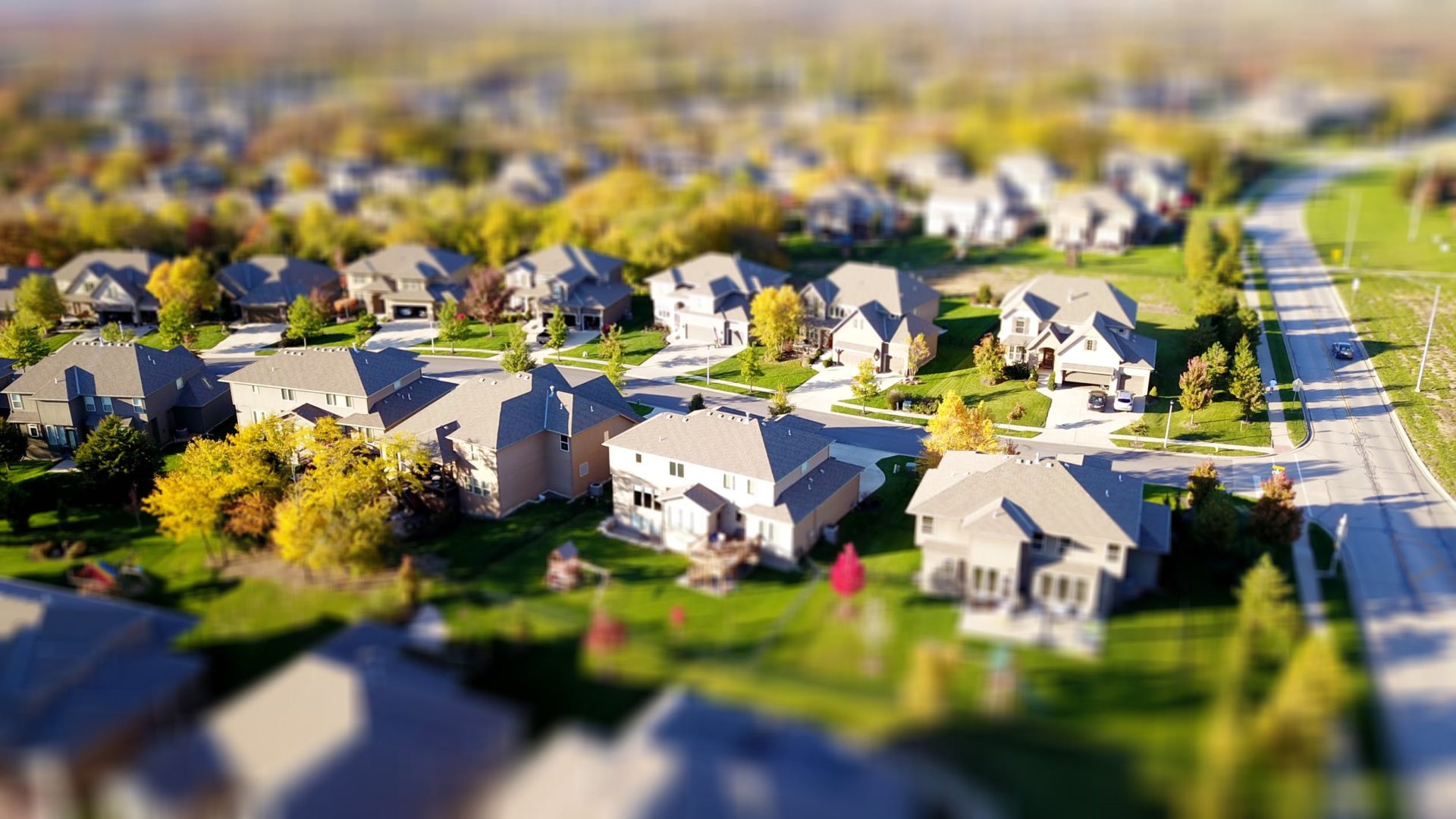Muslims in Australia: The Bond Between Indigenous Australians and Islam
Muslims in Australia come in all shapes and sizes. More than 1,000,000,000 Australians identify themselves as Muslims. That counts for more than three per cent of the country.
Many people think that Australian Muslims come from abroad. It is true that there are thousands of Muslims from Asia, Europe, Middle East and Africa. But it is also true that there is a substantial group of Muslims with roots deep in Australia’s history: Aboriginal Muslims.
Who are Aboriginal Muslims, and what is their history? What is similar between Islam and Indigenous cultures? What are the issues that affect them, and who are some notable leaders?
Answer these questions and you can become proud to be Australian. Here is your guide.
A History of Aboriginal Islam
The Muslim population in Australia has roots going back centuries. Many of those roots relate to Aboriginal communities.
At the start of the 18th century, Indonesian fishermen turned their attention to Australia. They looked for material goods and trading partners, and they found them in Aboriginal people.
These interactions fostered an interest in Islam. Communities began integrating some Islamic motifs into their belief systems.
Mortuary ceremonies on Elcho Island included references to a figure called Walitha’walitha, which is adapted from the phrase, “Allah ta’ala.” This means “God, the exalted.”
Some tribes built “morning star poles” to commemorate creator spirits. Some of these poles resemble praus, the sailing boats used by Indonesian fishermen. This suggests the deep interconnectivity between Muslims and Indigenous communities.
Cameleers from Afghanistan arrived in Australia in the 1860s. They lived in close approximation to Aboriginal people, in no small part because they faced mutual discrimination. They began to intermarry.
Muslim immigrants from southeast Asia arrived in Australia over the next few decades. Many of them intermarried with Aboriginal people. Names like Doolah and Khan are combinations of Muslim and Aboriginal words.
Many of Australia’s first mosques appeared in the Aboriginal territory. Cameleers continued to work as camel drivers, and they cut across native lands. They would construct makeshift mosques wherever they stopped, and they lingered amongst the locals.
Camel driving fell out of fashion in the 1930s, as trains rose to prominence. Nearly all mosques built by cameleers on Aboriginal lands were dismantled. The last remaining one is the Broken Hill Mosque, which is now a museum.
Aboriginal Muslim Life Today
Though Aboriginal mosques were destroyed, Aboriginal Islam endured. The most recent Australian census in 2011 found that 1,140 Muslims identified themselves as Aboriginal or Torres Strait Islanders.
This number may not reflect all Australians with ties to Muslim and Aboriginal communities. Someone living a secular life may not see themselves as Muslim. They may not be aware of their family history, or they may not want to disclose it.
Nonetheless, the Aboriginal Muslim community is growing. The 2001 census found that less than 1,000 Australians would identify themselves as being from both groups.
The demographic is booming for a few reasons. Many Aboriginal people grow up in a Christian or non-religious house.
They then study their family roots and find some connections to Muslims. This makes them curious about the faith, and they wind up converting.
Other Aboriginal people are drawn to the faith after enduring discrimination. Islam teaches racial equity and social justice. Wanting to further those aims, they convert.
Aboriginal Australians experience disease 2.3 times more often than non-Indigenous Australians. Alcohol use is one reason why this gap is so big.
Conversion to Islam has helped many curb their alcohol use. Islam regards the consumption of alcohol as harmful, encouraging an abstinent and healthy life.
You can find Aboriginal Muslims all over the country. Most live in urban areas and attend mosques alongside Muslims from other cultural backgrounds.
Some of them are “cultural Muslims.” They identify with the cultural practices and some beliefs found in Islam, but they don’t go to the mosque. This is especially the case amongst younger people, who are more likely to see themselves as non-religious.
Cultural Similarities
Another reason why many Aboriginal Australians are drawn to Islam is the similarities between the two cultures. Keep in mind that every Aboriginal group is different. It is impossible to say that all Indigenous people share a set of beliefs.
But many Aboriginal groups have beliefs akin to those in Islam. Some communities have defined leadership roles. Men and women have specialized and specified positions that they must carry out.
Islam teaches that men must protect their families and defend their wives from harm. Many Aboriginal people find this similar to the family structures they grew up in.
Some Aboriginal communities are matriarchal, meaning that women lead them. Islam affirms gender equality, with many women assuming leadership positions early on in the religion’s history.
The family unit is especially valuable during funerary practices. Many Indigenous communities emphasize how a family should gather to collectively mourn. A comparable approach is found within Islam.
Many Aboriginal groups value the natural spaces they live in. They practice land, water, and food conservation so they can live for many generations. Several passages in the Qur’an affirm that you should never waste your resources.
The Qur’an also states that God made human beings into different nations. Differences amongst groups are not wrong, but an extension of God’s will. This allows each Indigenous group to continue their culture without obstacle.
Some groups have certain practices akin to Muslim ones. They circumcise their men like most Muslim men. A few arrange or promise marriages like certain Muslim households.
There are no substantial differences between Aboriginal Muslim practices and non-Aboriginal ones. Some people integrate Aboriginal culture into their practices, but most do not.
Important Issues
Aboriginal Muslim Australians face several important issues. Discrimination is a key one. As an interstitial person, an Aboriginal Muslim faces two kinds of discrimination at once.
They face continued racism against their Indigenous identity. A 2019 study found that Indigenous adults are four times more likely to report racism than non-Indigenous people.
Racism takes many forms. A person of colour may be denied medical, employment, and housing opportunities. They may be called insulting names, or they may experience microaggressions and “subtle racism.”
They also face Islamophobia. Western Sydney University conducted a survey of more than 6,000 Australians. They found that 13 per cent express Islamophobia beliefs, such as concern over their loved ones marrying Muslims.
Aboriginal Muslims may face discrimination within their own communities. Some report not feeling welcomed by other Aboriginal people. Their community members may feel like they have abandoned Indigenous belief systems.
Some report being discriminated against by other Muslims. They may be called names and excluded from social gatherings. For Aboriginal Muslims to feel welcomed, all forms of discrimination that they face must be eradicated.
Conservation of sacred spaces is another important issue. Many Aboriginal Muslims make hajj to Mecca. They want to make sure that the experience is safe with stable walkways and open exits.
They also want to protect sites in Australia like Uluru. Uluru is a rock formation that is popular with tourists, yet it is also a sacred site to the Anangu. The Anangu advocate for their ownership over the site and fewer construction projects in the area.
Famous Aboriginal Australians Who Are Muslim
The number of Aboriginal Muslim Australians may seem small. But it is a group with many important figures in it.
Perhaps the most prominent one is Anthony Mundine. Mundine was a champion boxer and rugby player. He won multiple titles across several boxing divisions, and he remains a prominent television personality.
Both of Mundine’s parents are Aboriginal. He was born a Christian, but he converted to Islam in the 1990s. He has spoken about how Islam has helped him re-connect with his Indigenous roots.
Dr Umber Rind is a general practitioner and anti-racist activist. She is descended from cameleers and the Badimaya people. She has written articles for news outlets about life as an Aboriginal Muslim.
Hassan Gardiner is the CEO of Dandenong and District Aborigines Co-operative Limited (DDACL). DDACL is an Aboriginal-owned organization that provides support for Koori community members.
Gardiner is an Australia Muslim convert who has spoken about how Muslims and Indigenous communities appreciate women. He advocates for Muslim-Indigenous intercultural dialogue.
Shahnaz Rind is a nurse, fashion model, and activist. She descends from the Yamatji people and is a practicing Muslim. She also advocates for intercultural dialogue, pointing to shared beliefs in land conservation.
Malcolm X was not of Aboriginal or Australian descent. But many Aboriginal Muslims, including Anthony Mundine, look to him for inspiration.
X focused on universal brotherhood, calling for the dissolution of racial distinctions. This makes him an important resource for Australian Muslims looking to foster dialogue.
Learn About Muslims in Australia
Muslims in Australia truly come from all backgrounds. The Aboriginal Muslim community has existed for centuries. Some of Australia’s first mosques appeared in Aboriginal lands.
One thing that draws many Indigenous people to Islam is their shared values. Both advocate for gender equality and resource conservation.
Aboriginal Muslims face two kinds of discrimination at once. They may face discrimination within their own communities, which makes intercultural dialogue important. Notable Aboriginal Muslims include Anthony Mundine and Hassan Gardiner.
Enrich your knowledge of Islam with expert help. Crescent Wealth Super is Australia’s leading Islamic investment group. Contact us today.
Share this
You May Also Like
These Related Stories

Australia pays the price for alcohol excesses
AMT: Australia’s Crescent Wealth Surpasses $100 Million Benchmark


